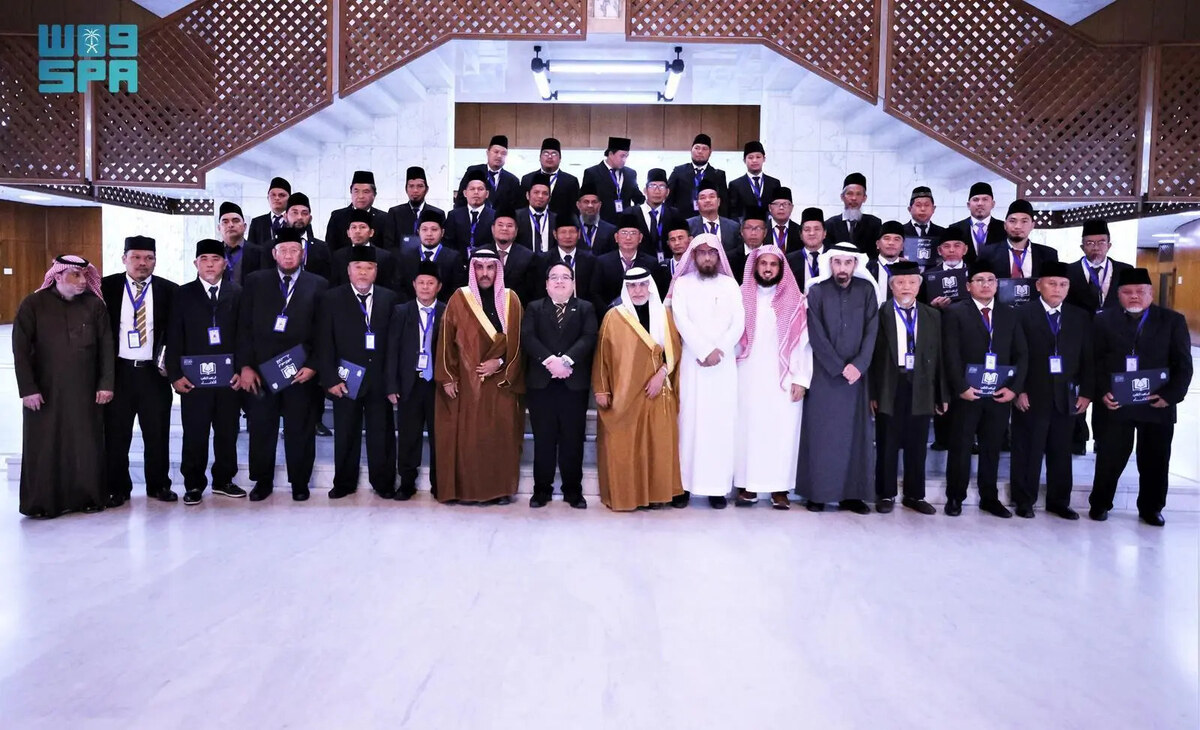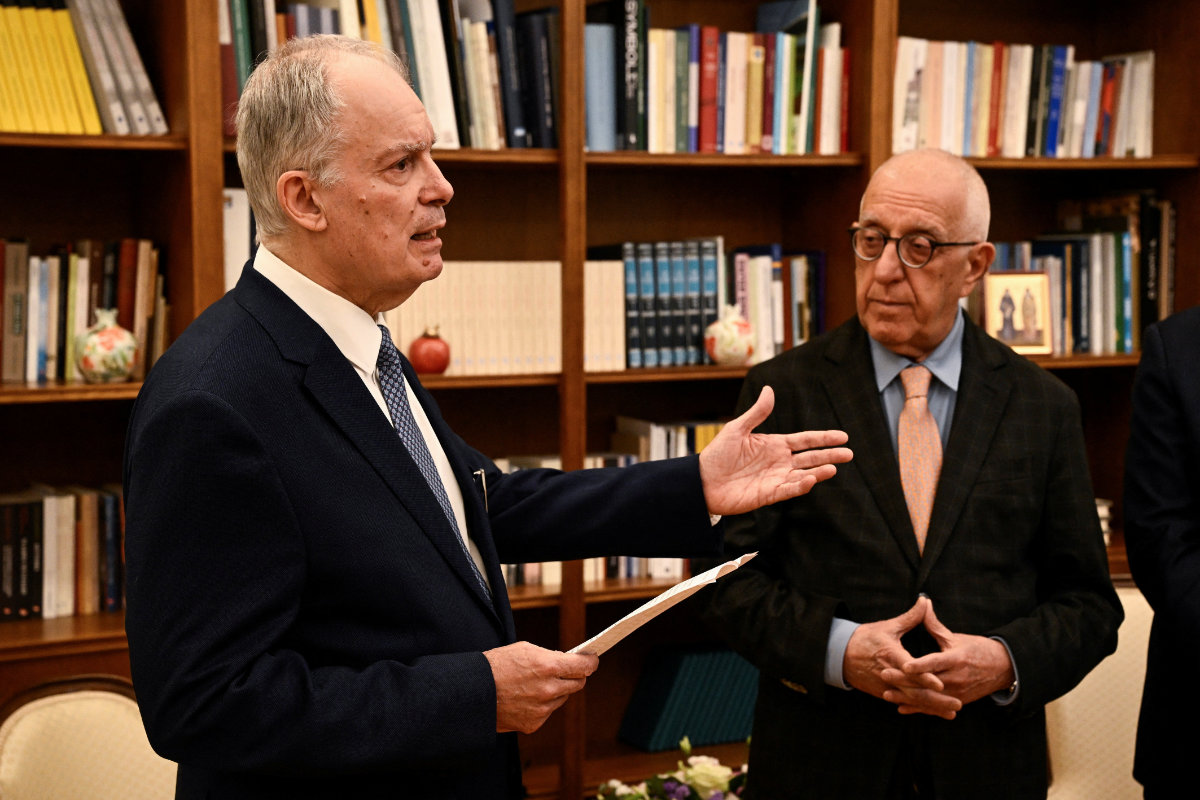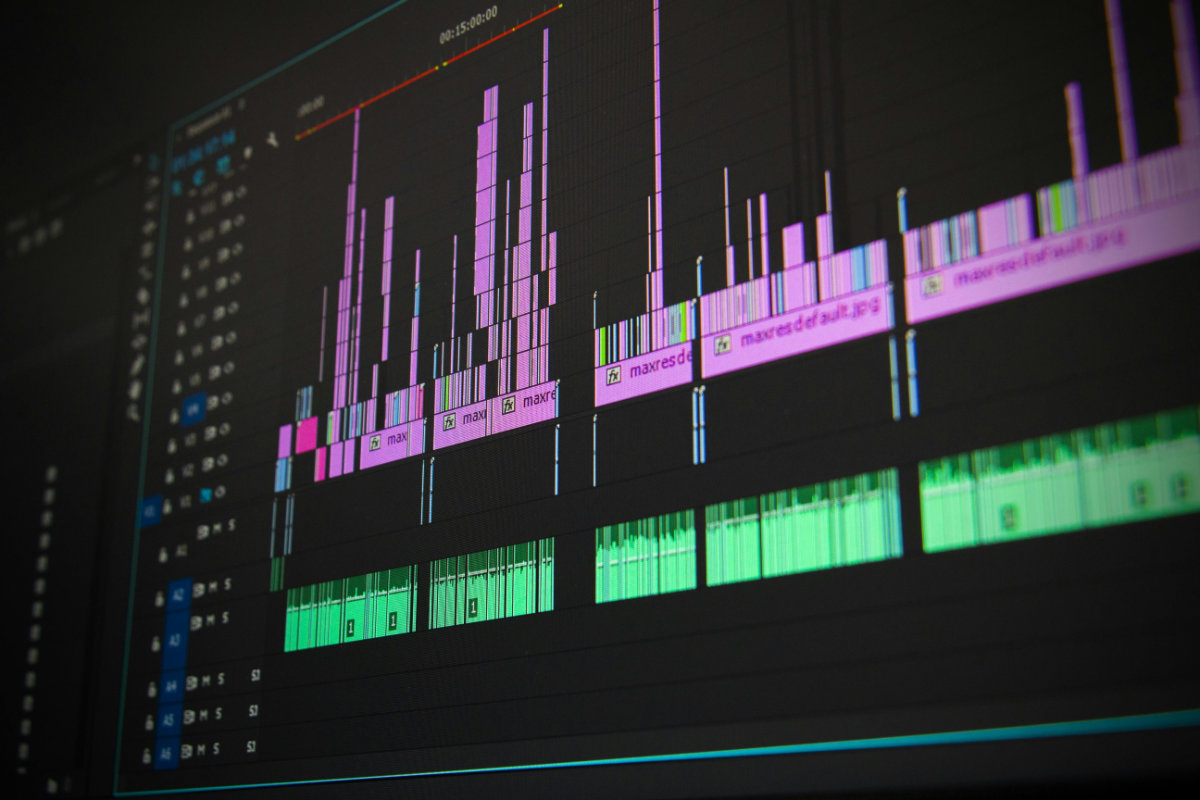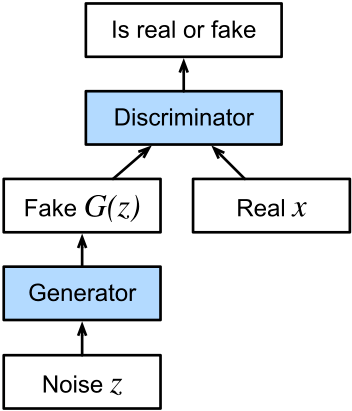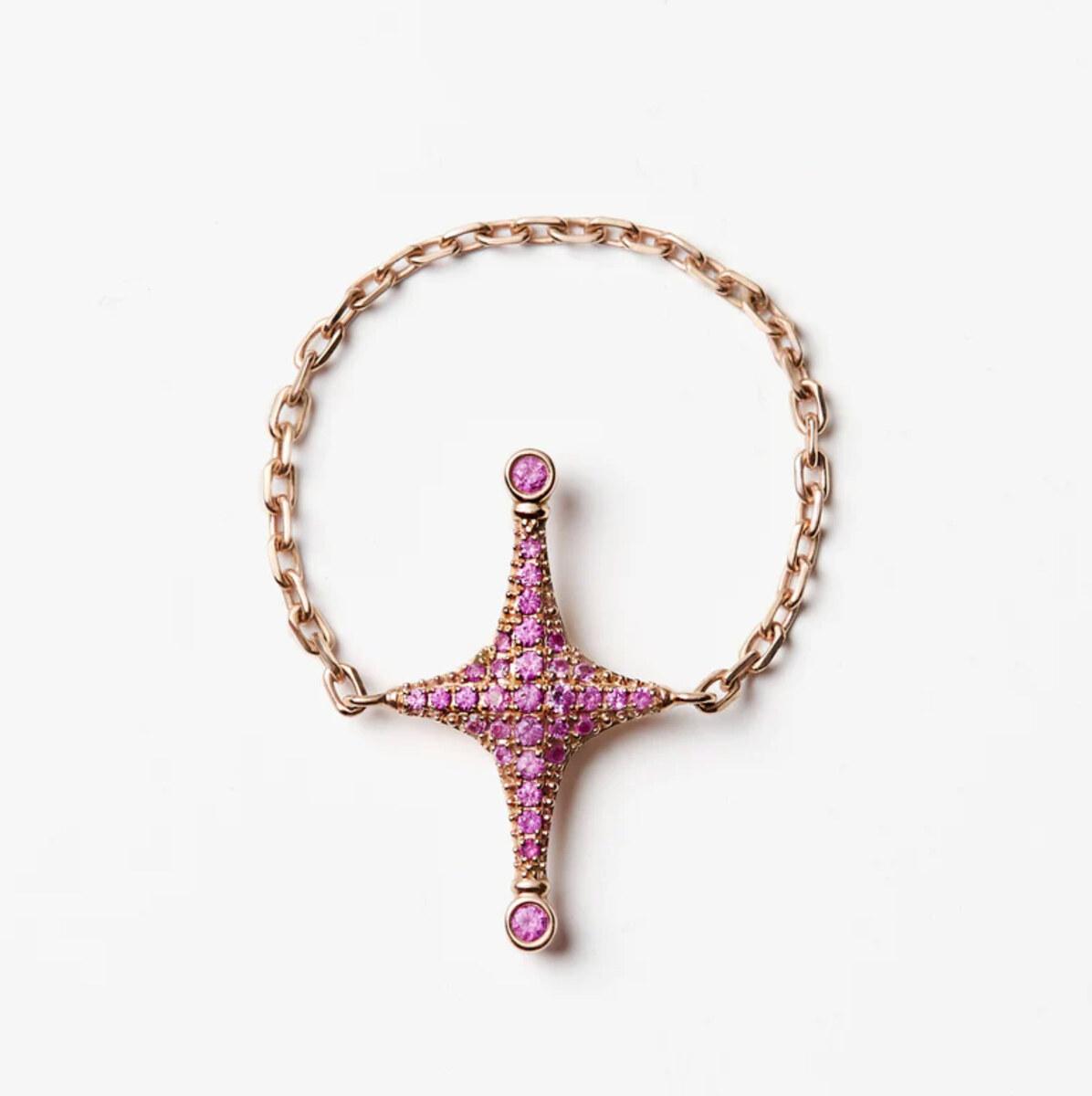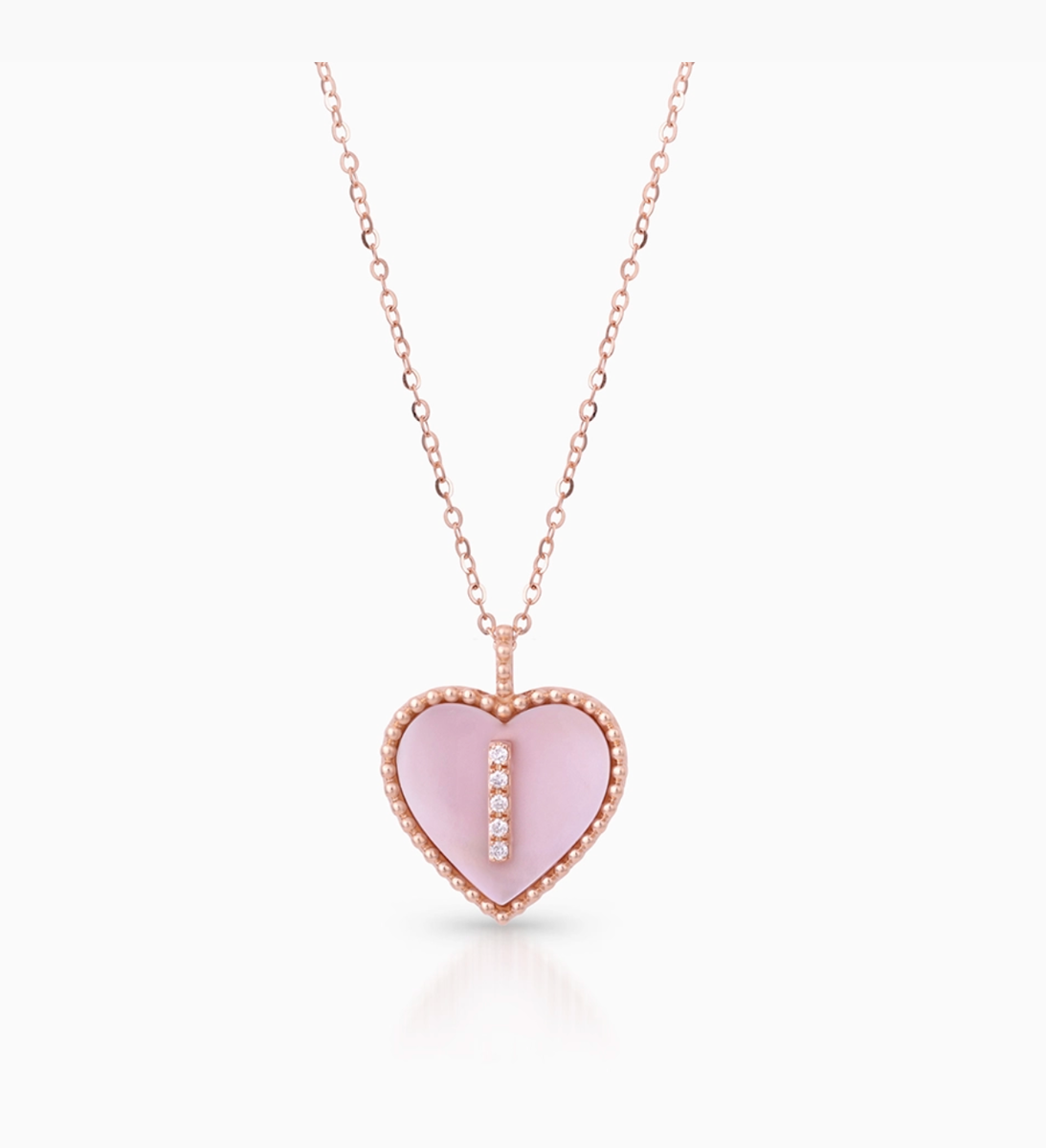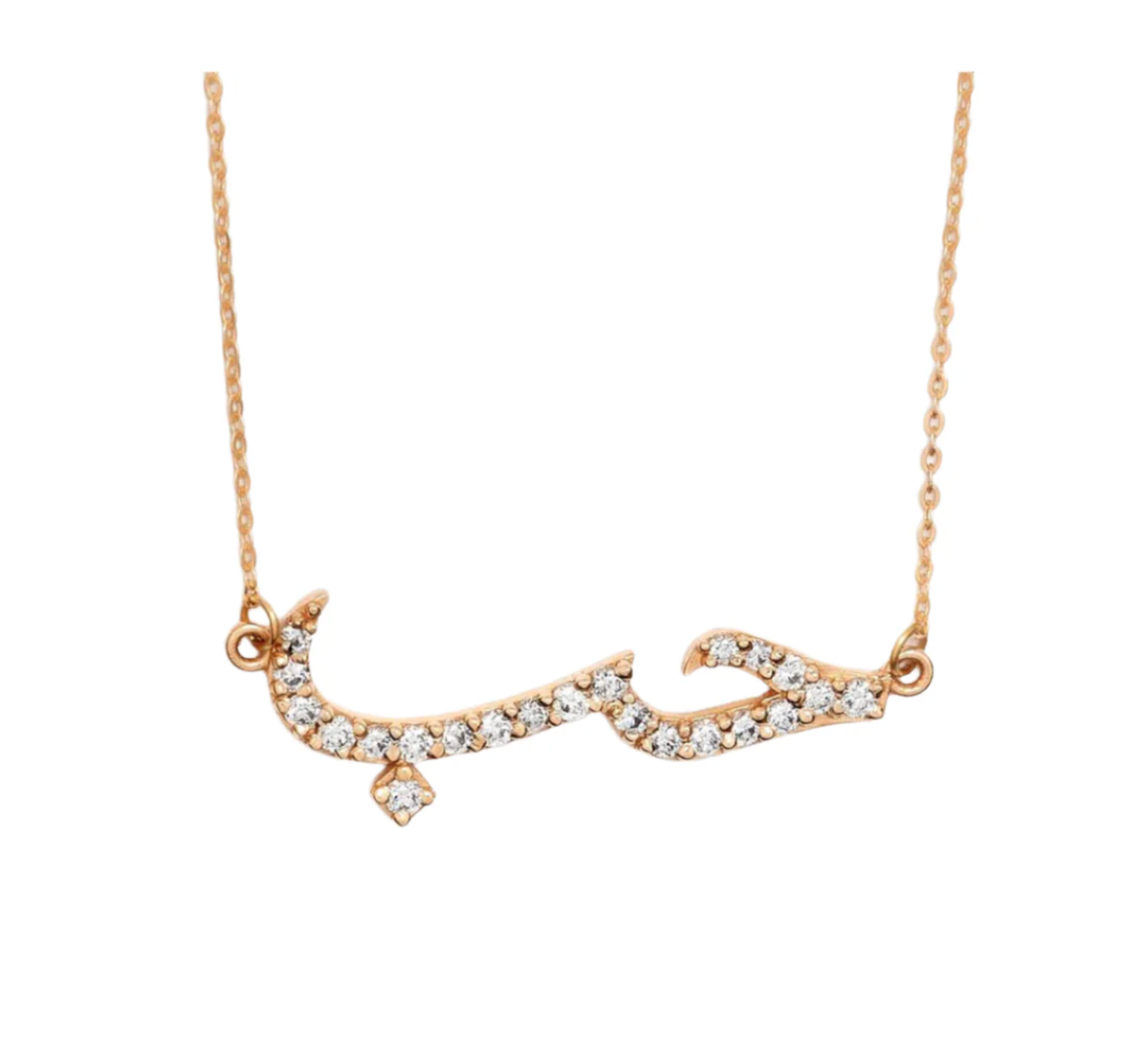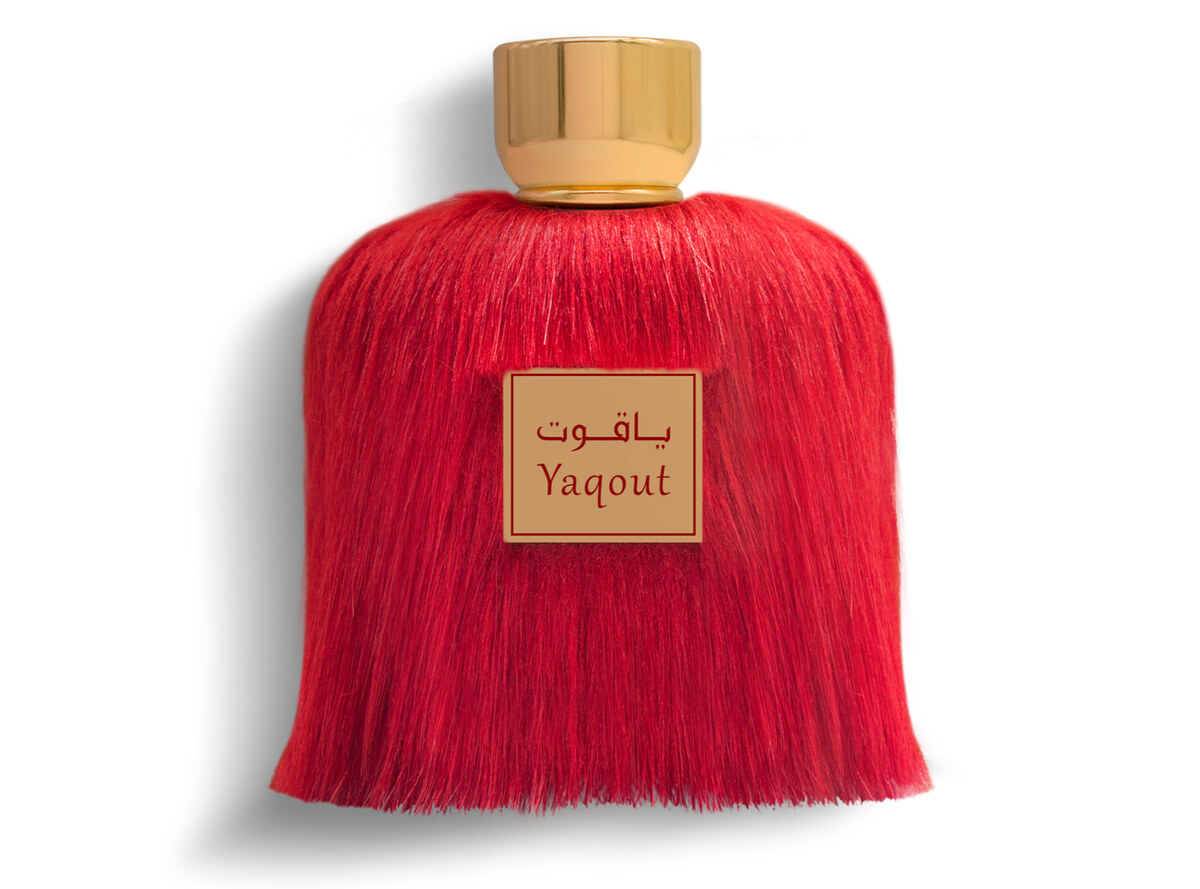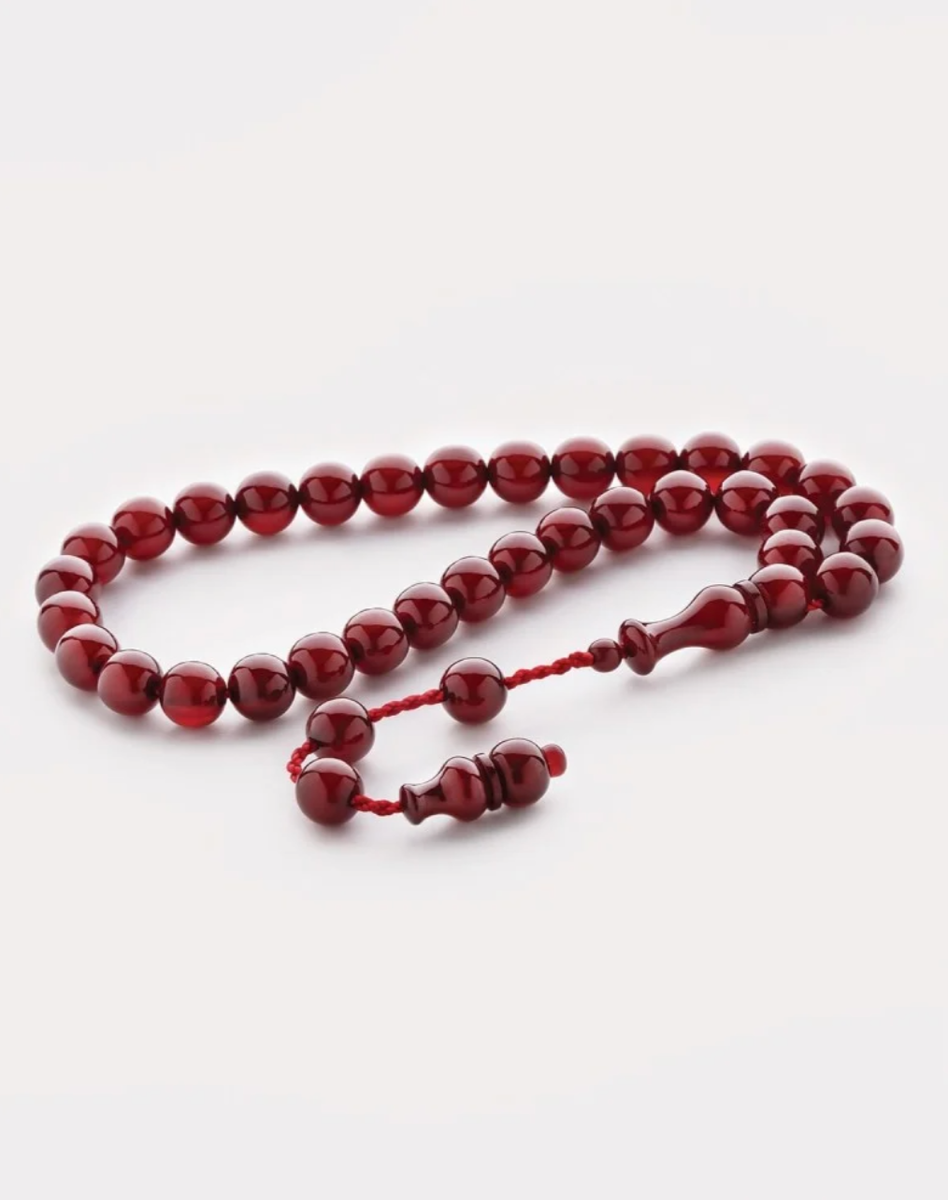RIYADH: On the Kingdom’s east coast is a bustling fish market, a testament to the region’s rich maritime heritage and farming practices that have passed down through generations.
Established in 1947, the Qatif Central Fish Market was spearheaded by a local group of experienced individuals led by the late Hassan Kofair, who played a pivotal role in expanding the sector.
A board member at Kofair Holding Co., Yousef Kofair told Arab News that Kofair aimed “to create a balanced environment that supported fishermen, providing job opportunities for many locals while also ensuring a fair pricing system that satisfied all parties involved, from fishermen to consumers.”
In 1990, the fish market, led by Saeed Kofair, experienced significant growth under the leadership of the second generation, focusing on diversifying sources and expanding product varieties.
The market opened up to imports from neighboring Gulf countries like Dubai, Qatar and Oman, enhancing the seafood options available.
By 2005, the market had become the largest of its kind in the Middle East by trading volume, he explained, with up to 500 tonnes of fish and shrimp traded daily.
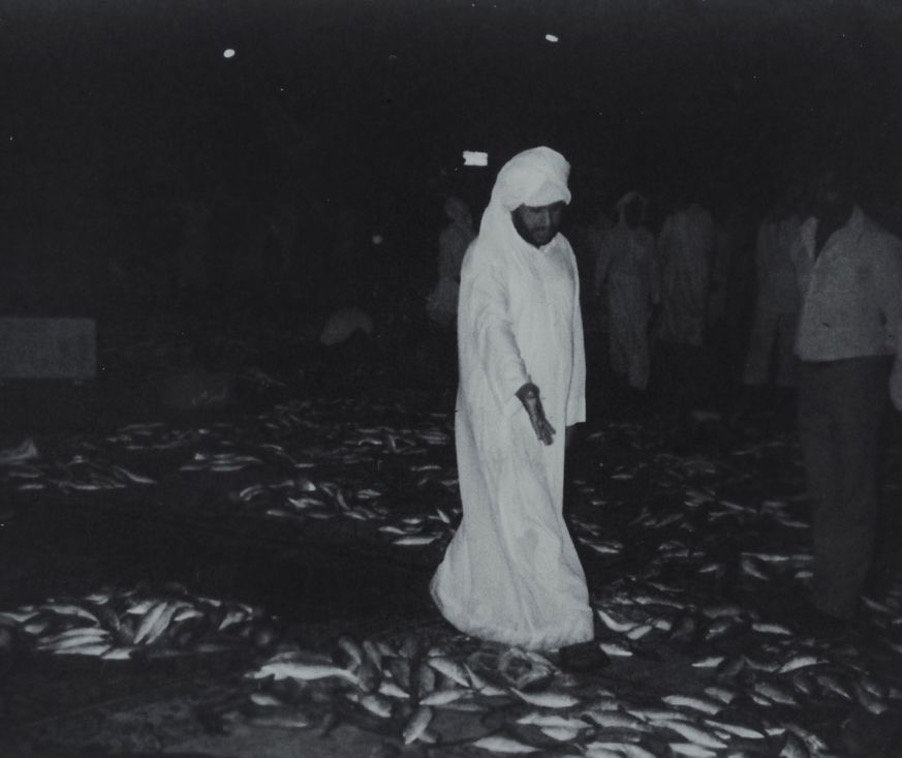
“This massive expansion attracted interest from companies and individuals across the Kingdom, establishing the market as a key hub for seafood supply,” Kofair said.
Last year the company entered a critical phase of development and growth under the third generation’s leadership.
“The company was transformed into a closed joint-stock holding company, enhancing its stability and market position. In alignment with Saudi Arabia’s Vision 2030, the company adopted best governance practices to promote sustainability and long-term growth,” Kofair said.
Today, the market is a vital hub for trading over 50 varieties of fish and seafood. Among the most popular are kingfish, grouper, safi, emperor, pink snapper and shrimp.
Preparation is key during each fishing season to ensure expected quantities are met and pricing is estimated for the upcoming season.
“Since seasonal products are limited in duration and quantity, competition intensifies among companies, factories and individual consumers or retailers,” Kofair said.
“This competition can sometimes result in shortages for individual consumers, so during the season, we implement carefully planned strategies to ensure a balance in prices, preventing inflation and making these goods accessible to all, whether citizens or expatriates.
“This process is systematic, involving effective communication with fishermen and determining the number of boats dedicated to catching seasonal products, while also considering other factors like weather conditions and any regulatory decisions from authorities.”
Kofair Co. owns the Kilo Samak app, created to monitor and analyze consumer trends in the fish market.
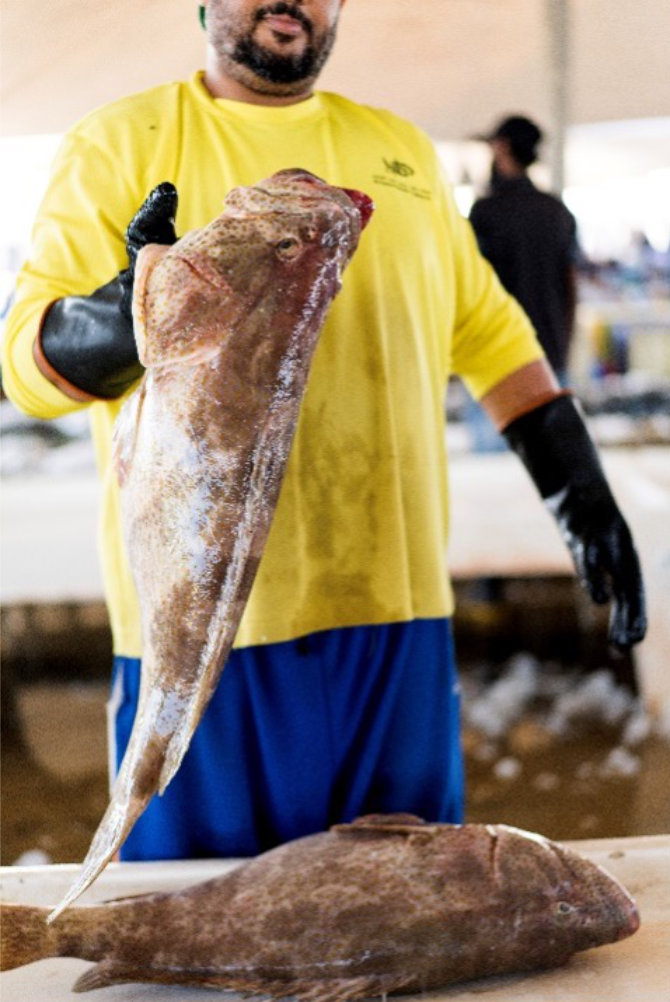
“This allows us to understand the changing needs of consumers and provide the right products at the right time. Additionally, farmed products like sea bream, barramundi and farmed shrimp play a significant role in meeting growing demand and offering sustainable solutions to local markets, ensuring price stability and production sustainability.”
Kofair said the company had seen a significant shift in demand for certain types of fish and seafood over the years, driven by the evolving culture of Saudi consumers and their increased awareness of imported seafood.
“As more Saudis travel and study abroad, the market has become more receptive to new varieties such as salmon and calamari,” he said.
“For instance, residents of the Eastern Province prefer kingfish, rabbit, grouper and emperor, while those in the Western Province have a broader selection, including najel, parrot fish, kingfish and grouper.”
Given the rapid growth of the seafood market in Saudi Arabia, current fish markets collectively meet only about 50 percent of the Kingdom’s demand. As a result, all products are typically sold daily through the auction system, ensuring that there is minimal surplus.
In rare instances when fish is not sold, Kofair said a “very small portion, no more than 5 percent, is carried over to the next day to ensure supply continuity, especially when weather conditions might cause a shortage of fresh products. This approach maximizes the use of available resources while maintaining a steady supply of fresh seafood to the market.”
Although Kofair Holding Co. does not engage directly in fishing activities, the company focuses on guiding local fishermen to adopt the best sustainable practices that align with the regulations set by the relevant authorities.
“We are committed to achieving the objectives of Vision 2030, which emphasizes food sustainability, enhancing food security and increasing agricultural production. Additionally, the Ministry of Fisheries plays a crucial role in supporting aquaculture projects by providing facilities and feasibility studies to ensure investors achieve positive results that align with the Kingdom’s vision,” Kofair said.
Additionally, the factory is one of the first in the Kingdom’s seafood industry to actively participate in local events and exhibitions, exploring opportunities, studying markets and educating consumers about the progress of the local industry.
“The factory also focuses on adopting the latest technologies in seafood processing and obtaining top quality certifications, further strengthening the Kingdom’s position in this sector.”
Kofair said the fish market supported local fishermen through the auction system in the market.
“(This) allows them to sell their catch to the widest range of customers and consumers. This approach not only ensures fair distribution of the fish but also provides fishermen with the opportunity to secure the best prices for their goods.”
Kofair said that some fishermen own their own shops, but still participate in the auction, often bidding on their own products to raise the value of their goods. This diversity in sales methods enhances the vibrancy of the market and ensures that their customers have access to the best seafood available.












